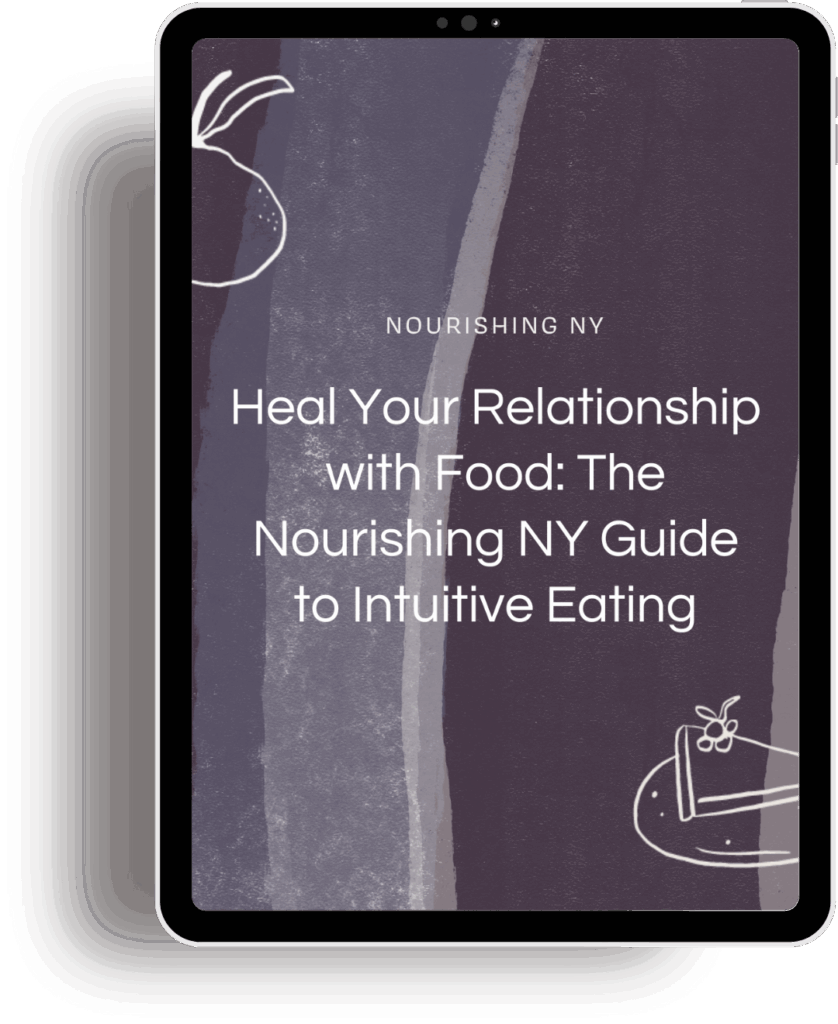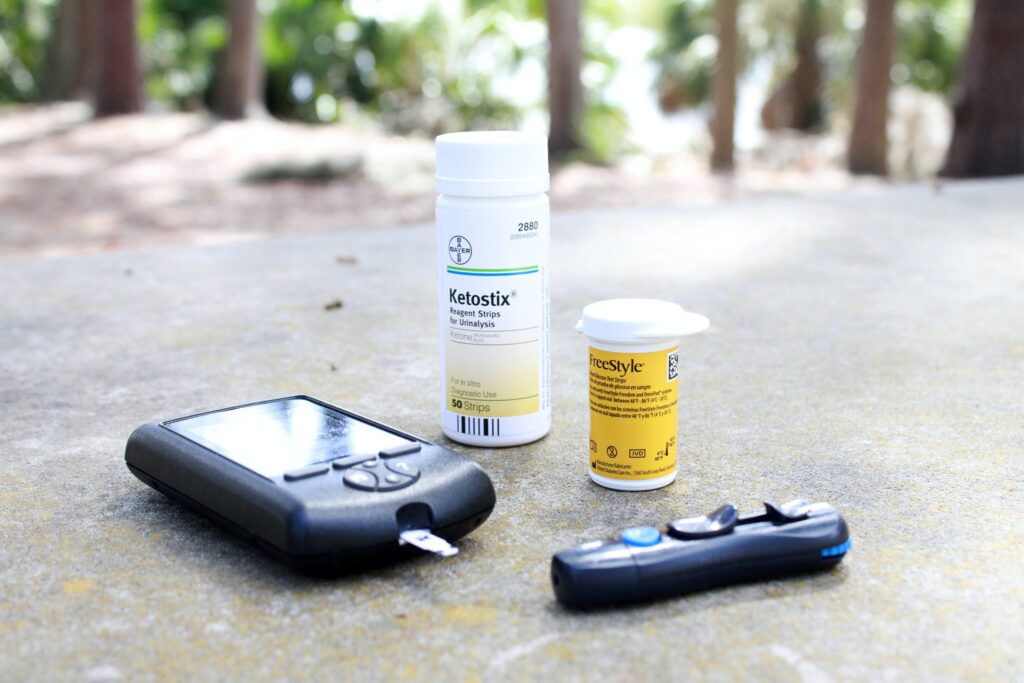November is National Diabetes month! Raising awareness and educating people about the disease, can help prevent the uprise in cases around our nation. So, what exactly is diabetes? Diabetes mellitus is a metabolic condition that affects the body’s ability to produce insulin. Insulin is a hormone that is secreted by the pancreas when sugar enters the bloodstream. Insulin is the key that allows sugar or glucose to enter the body’s cells, where it can be converted to energy. If the body does not produce insulin in adequate amounts, high levels of glucose remain in the bloodstream, which is known as hyperglycemia.
Diabetes can be diagnosed as either Type 1 and Type 2. Both forms of diabetes impact the body’s ability to produce insulin, but the main difference is the amount produced. Type 1 Diabetes is considered an autoimmune disorder where the body attacks itself, and does not allow insulin to be produced at all. Type 1 diabetics are insulin dependent because they cannot produce any on their own. There is no way to prevent the development of this disorder, but insulin medication is used to manage it. Type 2 Diabetes is a condition where the body can produce some insulin, but cannot utilize it well enough and hyperglycemia can occur. This is known as insulin resistance. Type 2 diabetics are not always insulin dependent. This disease can be prevented with healthy lifestyle choices and by maintaining a normal body weight.
Now the big question is, why is hyperglycemia problematic? There are many long-term effects that come with unmanaged blood sugar levels. Some include nerve damage that can impact kidney function, blood vessel damage that can impair vision and peripheral blood flow, cardiovascular dysfunction and/or increased rate of infection throughout the body. These effects place a great emphasis on the importance of blood sugar control when living with diabetes. A diabetes diagnosis can be stressful and complicated when it comes to nutrition and diet. Most treatment plans involve checking blood sugar levels, maintaining a carbohydrate consistent diet and restricting foods that may cause spikes in blood sugar readings. This can become overwhelming and create a negative outlook on carbohydrates and food in general. Practicing intuitive eating is a way to eat without placing judgement on the food choices you make. It is about becoming aware of your body’s needs and providing those needs to maintain optimal health.
Intuitive eating is a mindful, non-diet approach that focuses on honoring your health by listening to what your body needs physically and psychologically. Even when living with diabetes, your body still needs carbohydrates. By eating intuitively, you are placing a focus on your overall health, rather than perfecting the recommended carb-controlled diet. It’s about listening to what your body needs, but also being aware of what your blood sugar level is throughout the day. You can start by simply listening to your body’s hunger and fullness cues and honoring specific foods that you enjoy eating, rather than following a strict diet where certain foods are “off limits”. If you notice that certain foods raise your blood sugar too high, think about ways you can create a balance, instead of feeling down and wanting to restrict those foods. For example, possibly adjusting your insulin medication to match the amount of carbs you eat per meal or pairing your favorite carbohydrate choices with a protein, healthy fat and fiber. These are ways to become mindful of what you are eating and enjoy the process.
Overall, living with diabetes can be overwhelming and confusing when it comes to the food you eat. By implementing an intuitive eating mindset, it can help you understand that your diet does not have to be perfect and you do not have to feel guiltily about eating the carbohydrates you love. Even for individuals living with diabetes, it is important to listen to your body and honor what it is telling you. The goal is to start small, be mindful and enjoy the process!



